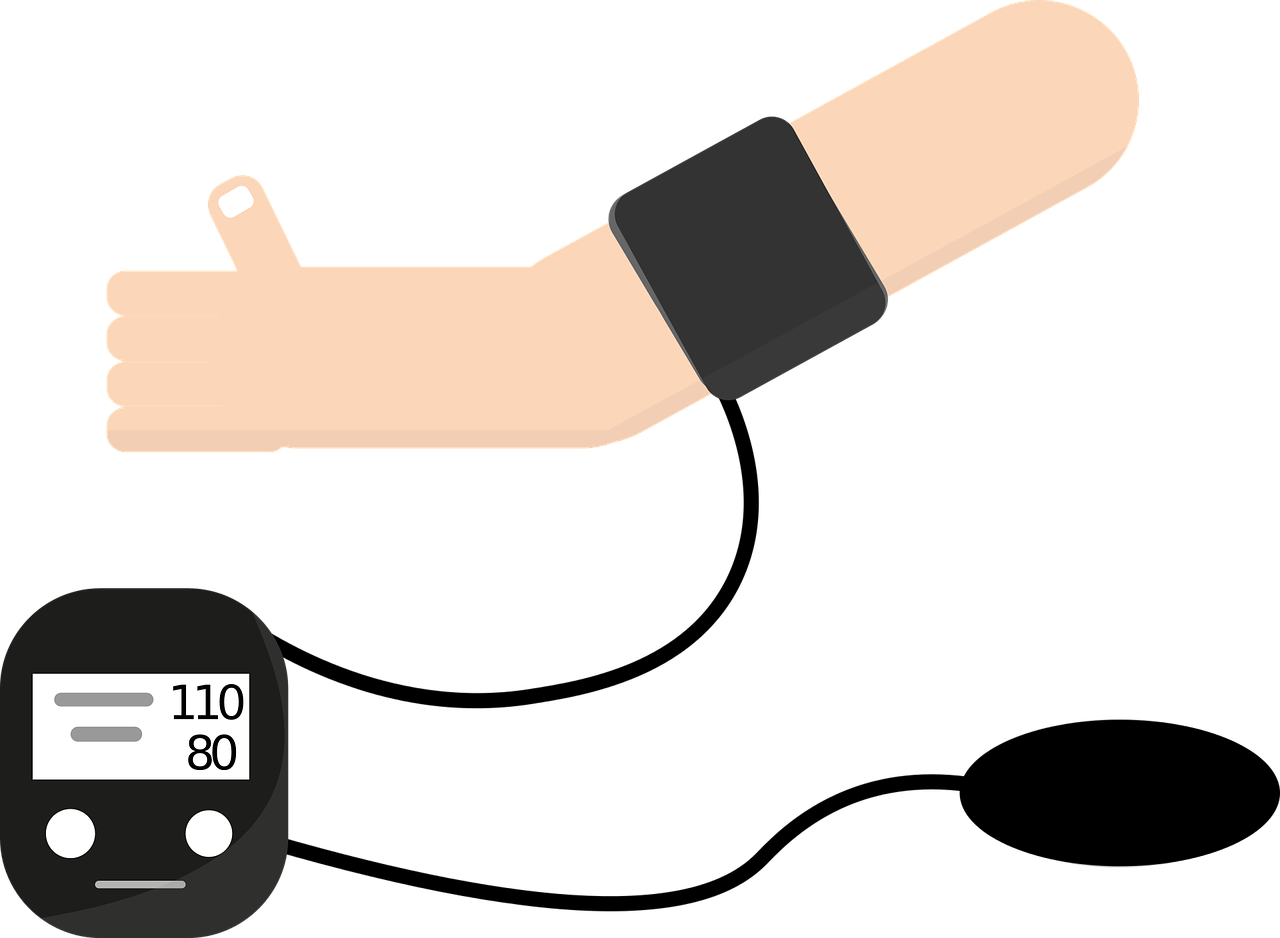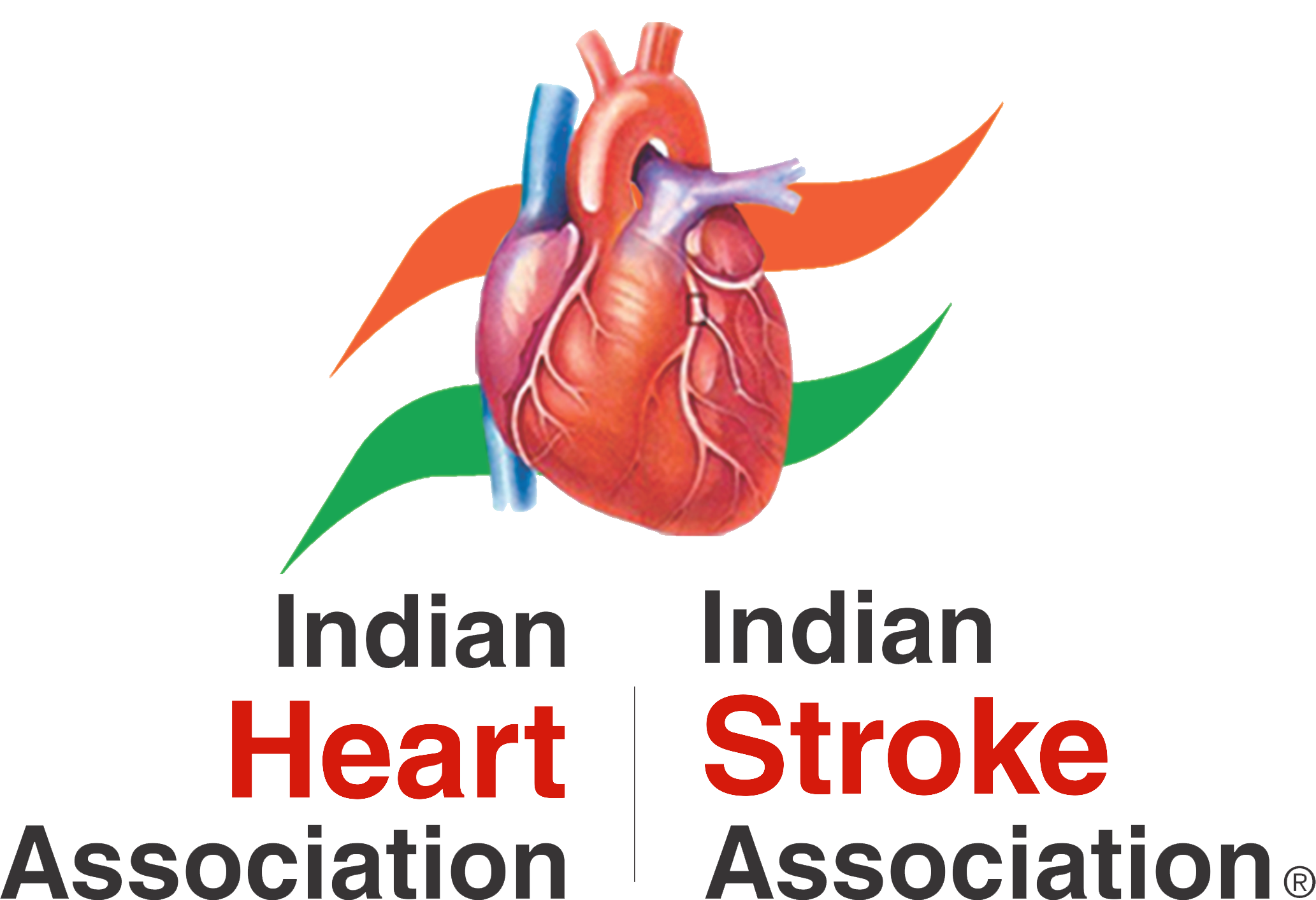🩺 Understanding and Controlling High Blood Pressure: A Guide from IHA
Published by the Indian Heart Association
Reviewed by the Physician Team of Indian Heart Association
On This Page, You’ll Discover:
- Why Blood Pressure Matters
- What Is Blood Pressure?
- Blood Pressure Categories
- Health Risks of Hypertension
- Symptoms and When to Monitor
- How to Measure Blood Pressure Accurately
- How High Blood Pressure Affects the Body
- Prevention and Lifestyle Modifications
- Do You Need Medication?
- Diagnosis and Medical Tests
- Commonly Prescribed Medications
- Final Word

Why Blood Pressure Matters
High blood pressure is a serious and often silent threat to cardiovascular health. It plays a key role in how blood circulates to the heart, brain, kidneys, and other organs. When left unmanaged, it increases the risk of stroke, heart disease, kidney failure, and early death. In India, nearly one in four adults is affected, often unknowingly.
What Is Blood Pressure?
Blood pressure is measured using two numbers:
- Systolic pressure: Pressure during heartbeats
- Diastolic pressure: Pressure between heartbeats
A normal reading is below 120/80 mm Hg. Readings consistently above this range are a red flag for potential cardiovascular damage.
Blood Pressure Categories
| Category | Systolic | Diastolic |
|---|---|---|
| Normal | Less than 120 | Less than 80 |
| Elevated | 120–129 | Less than 80 |
| Stage 1 Hypertension | 130–139 | 80–89 |
| Stage 2 Hypertension | 140 or more | 90 or more |
Health Risks of Hypertension
Even without symptoms, high blood pressure can silently damage:
- The heart — leading to heart attacks or heart failure
- The brain — increasing risk of stroke
- The kidneys — resulting in kidney failure
- The eyes — causing vision loss
- Blood vessels — leading to aneurysms or vascular disease
Symptoms and When to Monitor
Most people feel normal, even with dangerously high readings. When symptoms occur, they may include:
- Headaches
- Fatigue
- Nosebleeds
- Shortness of breath
- Blurred vision
Adults over 30 should check blood pressure at least once annually, or more often if risk factors are present.
How to Measure Blood Pressure Accurately
- Be seated calmly for 5+ minutes
- Avoid caffeine, smoking, and exercise beforehand
- Support arm at heart level
- Do not talk during the reading
- Take two readings and average them
How High Blood Pressure Affects the Body
- Thickens heart muscle (left ventricular hypertrophy)
- Reduces kidney filtering ability
- Increases risk of dementia due to poor brain perfusion
- May damage tiny eye blood vessels
Prevention and Lifestyle Modifications
- Exercise: 30 mins/day, 5 days/week
- Reduce salt: Aim for under 5 grams/day
- Follow the DASH or heart-healthy Indian diet
- Quit smoking and limit alcohol
- Maintain a healthy weight and manage stress
Do You Need Medication?
| Blood Pressure | Recommendation |
|---|---|
| 120–129 / <80 | Lifestyle changes only |
| 130–139 / 80–89 | Lifestyle changes ± medication |
| 140+ / 90+ | Lifestyle changes + medication |
Diagnosis and Medical Tests
- Blood tests: Check cholesterol, sugar, kidney function
- Electrocardiogram (ECG): Detect heart strain or arrhythmias
- Retinal exam: Look for vascular changes in the eyes
- Echocardiogram: Assess heart wall thickness
Commonly Prescribed Medications
- Diuretics: Reduce fluid and sodium
- ACE inhibitors: Relax blood vessels
- ARBs: Block vessel-constricting hormones
- Calcium channel blockers: Relax artery walls
- Beta-blockers: Lower heart rate and output
Final Word
High blood pressure can be silent — but it is controllable. Through routine monitoring, lifestyle changes, and medications when needed, individuals can dramatically reduce their risk of stroke, heart disease, and kidney failure.
Explore more articles in the Indian Heart Association Health Content Hub.
For international guidance, visit the World Health Organization’s Hypertension Resource.
